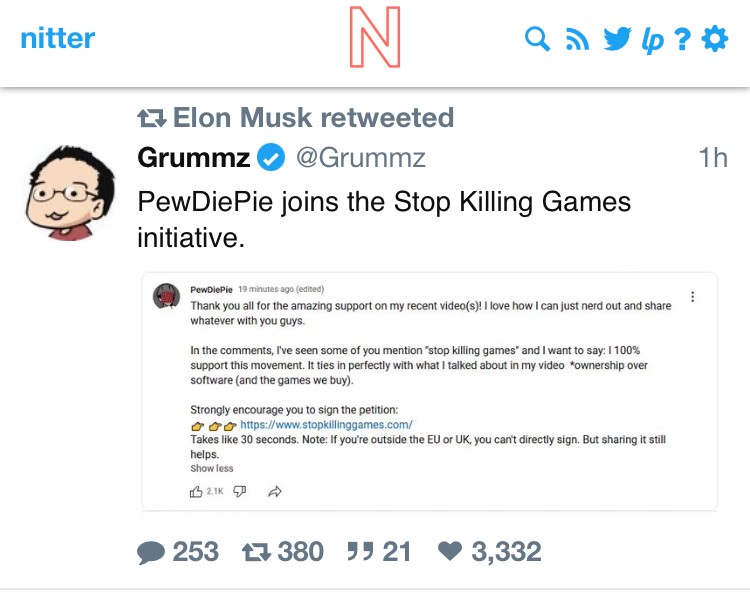As the V4 states continue to attract Chinese electric vehicle and battery investments, differences are emerging between the interests of national elites and local communities chosen to host these manufacturing (and recycling) facilities. This can be seen in the case of local opposition in the small Slovak town of Šurany – selected to host a major battery production facility as part of a broader industrial park complex. With the opposition group’s environmental and social concerns echoing patterns seen in similar protests in Hungary, it is important to understand these “not in my backyard” (NIMBY) sentiments, which highlight the complex task of balancing economic growth and the green transition while upholding democratic principles such as public consultations.
...
The NIMBY sentiments underscore notable discrepancies between EU and Chinese regulatory standards. These could be further leveraged – especially given the ongoing dilution of the EU’s Environmental, Social and Governance (ESG) framework – against both national and EU-wide interests. At the same time, it is important to differentiate between various forms of these investments (including the nature and scope of activities involved) and their associated risks.
...
While InoBat’s joint venture with Chinese battery producer Gotion High-Tech is seen as a form of Chinese investment that could facilitate (some level of) industrial upgrading, it has also sparked local protests ... battery manufacturing involves unfamiliar and potentially hazardous chemical processes, with the activists in Šurany citing concerns over substances like N-methylpyrrolidone solvents, which can affect fertility and cause vision, respiratory and other health problems, as well as worries about potential water contamination, soil erosion, high energy use, and pollution – all of which raise broader questions about environmental justice.
...
The activists in Šurany have also drawn comparisons with other regional battery projects, notably CATL’s €7.3 billion plant in Debrecen, Hungary, which has attracted even larger opposition. These protests, however, were influenced not only by Chinese involvement but also by prior controversies surrounding South Korean battery investments, indicating broader concerns over lax ESG [Environmental, Social and Governance] practices facilitated by a government that prioritizes economic development and profit maximization over local concerns and corporate sustainability – regardless of investor origin.
...
With Slovakia having the EU’s third-highest trade exposure to China and the highest final demand exposure among the V4, the country remains deeply exposed to potential Chinese economic coercion in both direct and indirect terms. On top of this, concerns about regulatory arbitrage – where investors exploit laxer national regulations – are rising, particularly around ESG enforcement,
...




